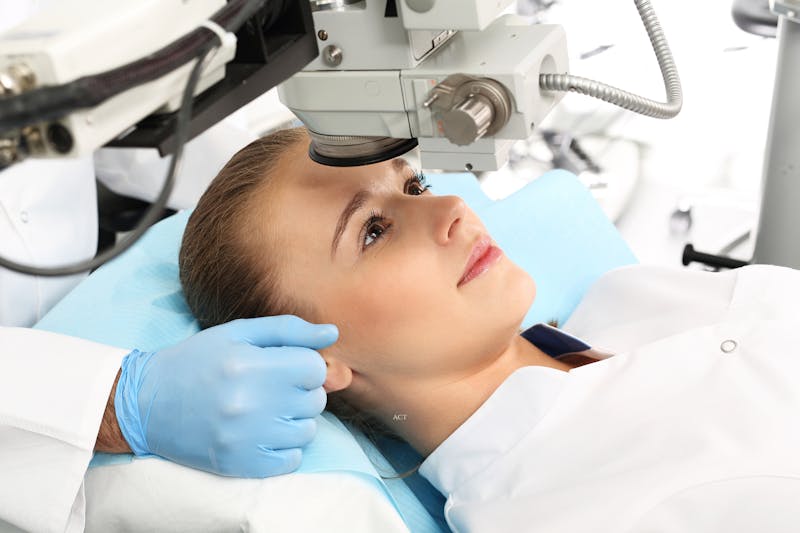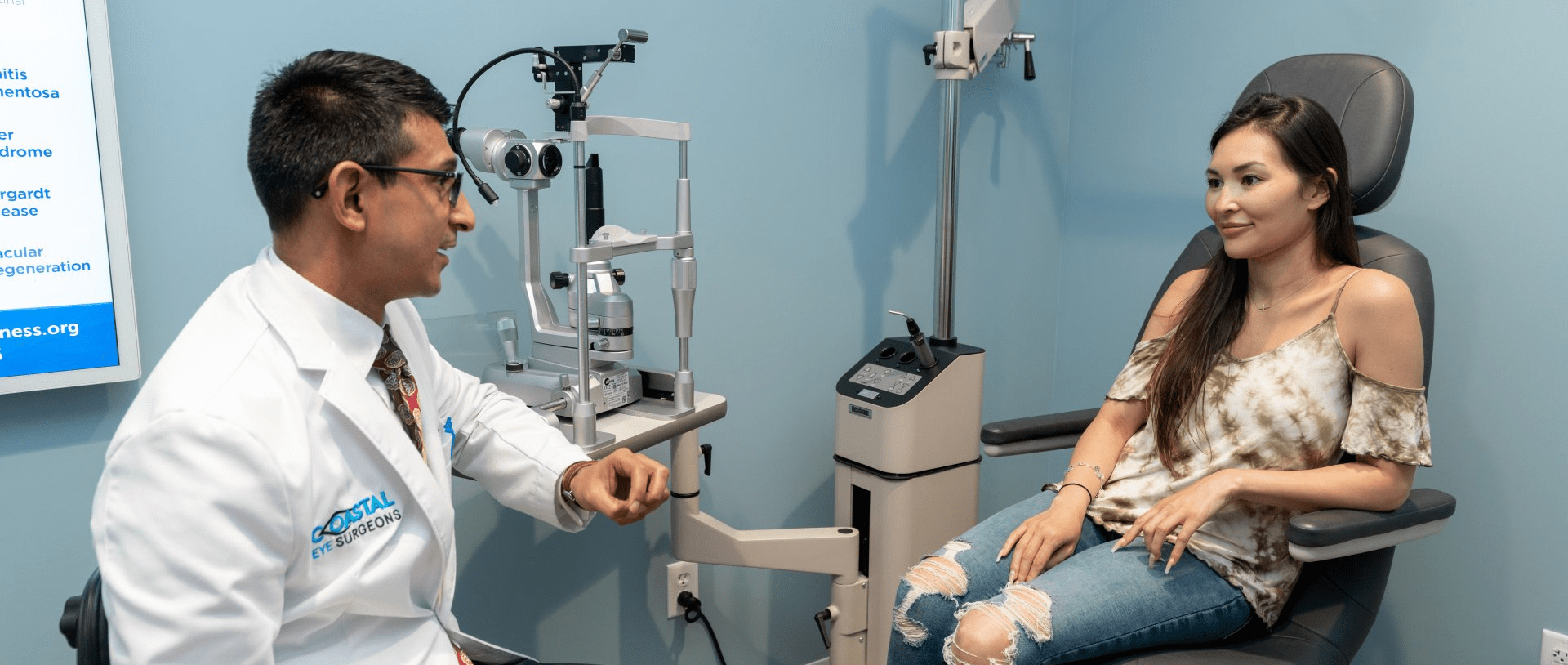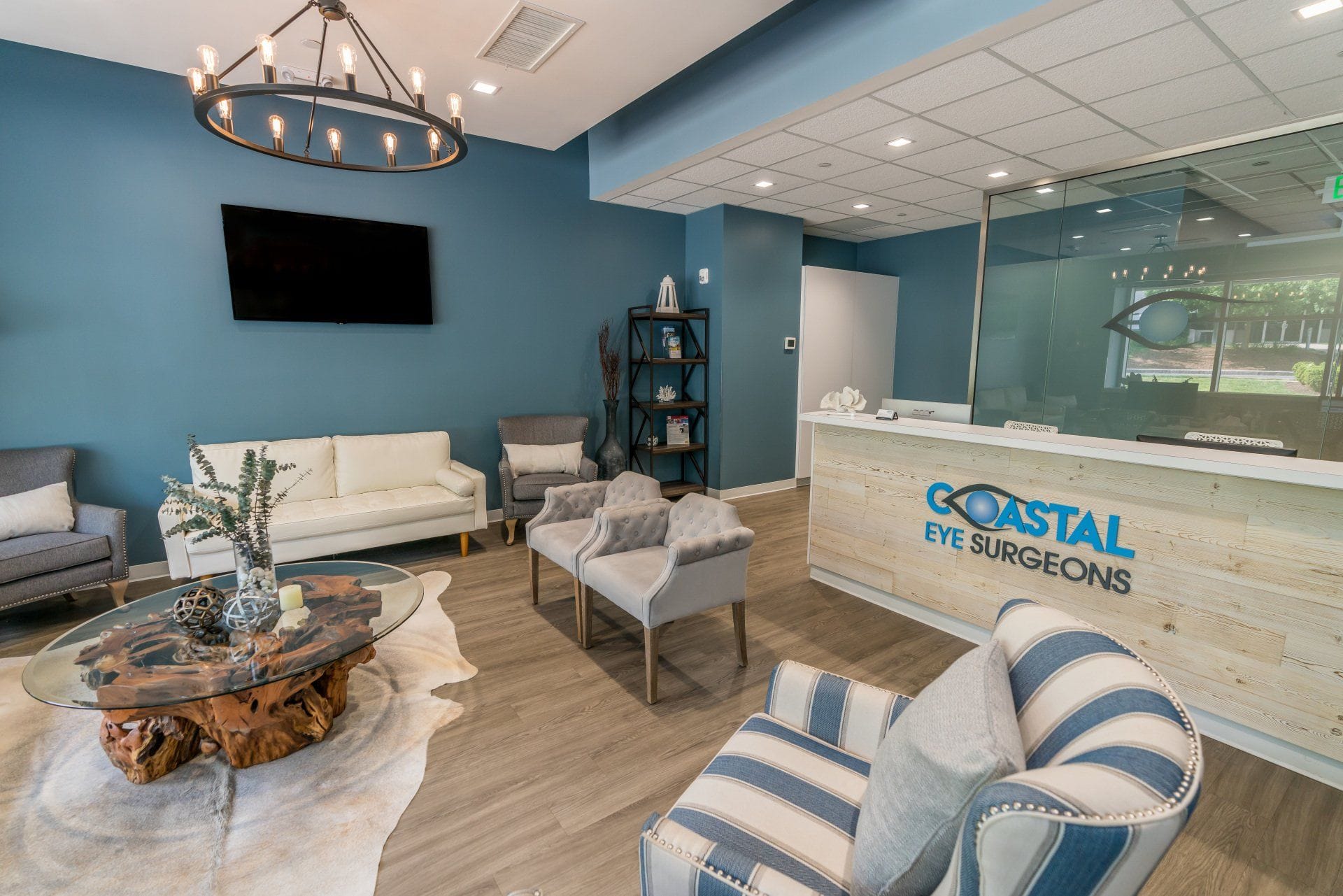
With millions of procedures completed and a success rate of 98%, both traditional and laser-assisted cataract surgery are safe.

A cataract is a common eye disease that’s characterized by cloudy lens -- the natural lens is normally clear. Living with a cataract is a lot like looking through a frosted or foggy window. Nearly 25 million people over the age of 40 have been diagnosed with a cataract.
There are a number of different types of cataracts, including a nuclear cataract (center of the lens), cortical cataracts (edges of the lens), posterior subcapsular cataracts (back of the lens), and congenital cataracts (born with it). They’re the leading cause of vision loss in those over 40.
Although there’s no cure for cataracts, there are a number of treatment options available for those that need it. In the event prescription glasses can’t save your vision, the primary option is cataract surgery – whether it be traditional surgery or laser-assisted surgery.
Over the past 35+ years, lasers have become one of the most useful and helpful tools for eye doctors and eye surgeons around the world. Laser surgery comes with a wide range of benefits and advantages compared to traditional eye surgery methods, but it’s not designed for everyone.
Cataract surgery is primarily done in three main steps. First, a small incision is made in the outer layer of the eye. Second, the natural lens is broken up and removed through the incision. Third, an intraocular lens (artificial lens) replaces the natural lens through the incision made.
Laser cataract surgery, along with traditional cataract surgery, are considered safe, effective, and extremely successful treatment options for cataracts. Although neither one is considered more safe than the other, they’re often used on a case-by-case basis – depending on which one is best for each patient.
With current advancements, the success rate of cataract surgery is up around 98-99%, no matter which method you choose. It’s up to your eye doctor to determine which method is best for you, but it’s clear that laser cataract surgery is safe when utilized in the right situations.
What Is Laser-Assisted Cataract Surgery?
Laser-assisted cataract surgery primarily involves the three main steps outlined above. It’s called ‘laser-assisted’ because your eye doctor uses a laser to not only make the incision in the outer layer of the eye, but also to break up the natural lens so it can be removed from the eye.
The type of laser used in laser-assisted cataract surgery is called a femtosecond laser – the same type of laser used in LASIK eye surgery.
What Is Traditional Cataract Surgery?
Traditional cataract surgery, also known as manual cataract surgery, is performed through the same three main steps outlined above. The main difference here is the use of a scalpel to manually make the incision in the outer layer of the eye. This is how cataract surgery was performed prior to the introduction of lasers.
As far as breaking up the clouded lens, that’s done through a process called phacoemulsification. Your cataract surgeon uses a handheld instrument called a phaco probe to break up the natural lens.
Traditional vs. Laser-Assisted Cataract Surgery
There have been a number of studies performed in the past to determine which is the safer option – traditional or laser-assisted cataract surgery. Contrary to popular belief, there was no significant difference in the refractive and visual outcome between the two surgery methods.
This is good news for anyone considering cataract surgery, especially since laser-assisted cataract surgery might not be the best option for everyone. We already knew that laser cataract surgery was safe and effective, but it’s extra comforting to know that both methods work.
Of course, most cataract surgeons have a preferred method – which is also something you must consider when determining which type of cataract surgery is best for you.
With that said, it’s important to follow the advice, direction, and guidelines set forth by your eye doctor. Everyone’s eyes are different and each patient requires a unique and personal approach to achieve proper eye care. If you want to preserve your vision, listen to your doctor’s advice!

When Should You See a Doctor About Cataract Surgery?
Much like any other eye disease, early detection is key to a successful treatment and smooth recovery. That’s why it’s important that you schedule a visit with your eye doctor the moment you experience cataract symptoms. The longer you wait, the worse your symptoms will get.
The most common symptoms of a cataract include cloudy or blurry vision, seeing halos around lights, difficulty reading in low-light environments, difficulty seeing at night, double vision, noticing that colors are fading, increased nearsightedness, distorted vision in either eye, and much more.
When you schedule an appointment with your eye doctor, be honest about your symptoms. They’ll need to perform several tests to confirm the presence of a cataract. Once detected and diagnosed, they can go over your various treatment options and which one is best for you.
Contact Coastal Eye Surgeons Today!
If you believe you might be experiencing a cataract, are noticing changes in your vision, or simply haven’t scheduled a visit with your eye doctor in a while, don’t hesitate to give Coastal Eye Surgeons a call today! Your eye health is important and we’re here to help you succeed.
When a cataract forms, your vision becomes cloudy and it begins to have a negative impact on your ability to live a quality life. This is something no one should have to experience, but it’s a harsh reality that many are faced with every year. Luckily, traditional and laser-assisted cataract surgery is safe and effective.
To discuss your options further and see if laser-assisted or traditional cataract surgery is right for you, contact Dr. Omar Shakir at Coastal Eye Surgeons today. We offer a boutique-style, welcoming, and friendly environment for all our patients. At Coastal Eye Surgeons, our primary focus is your vision.
Visit Contact Us to find the contact info for our closest office to you. We also offer online booking for those that prefer an easier way to set an appointment. We have offices located in Greenwich, CT as well as New Canaan, CT.


